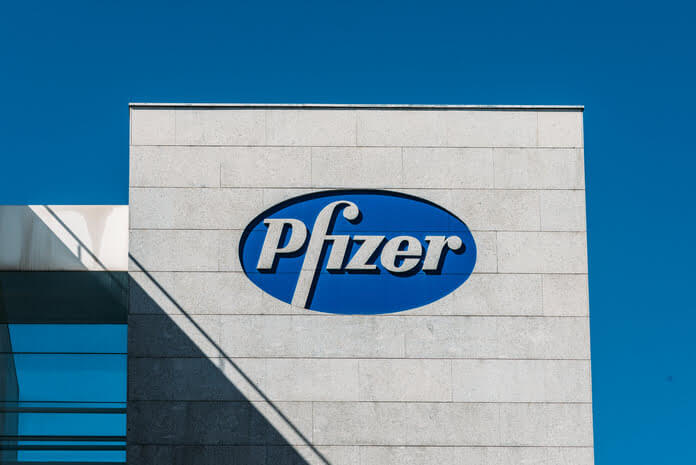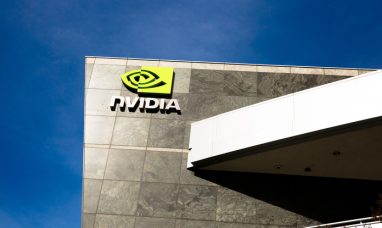On Wednesday, a little-known vaccine program in Pfizer’s (NYSE:PFE) massive pipeline made headlines following the Food and Drug Administration’s decision to award it what’s known as a Breakthrough Therapy Designation.
Group B Strep Vaccine
The vaccine from Pfizer has been developed to prevent Group B Streptococcus disease in infants through immunizing their mothers. The Breakthrough Therapy Designation means that new drugs under development can move much faster through the regulatory process.
The vaccine named GBS6 is currently undergoing a Phase 2 study, and although Pfizer has yet to release data on the study, the FDA has awarded the Break Through Therapy designation based on interim data.
Despite Pfizer not characterizing the data in its press release, the FDA usually awards the designation to drug candidates that have proven they can offer a significant advantage compared to available treatments, which is generally a good sign for the drug.
The news didn’t seem to have a significant impact on Pfizer, as the stock declined by 0.1% during the day’s trading session compared to the S&P 500’s 0.3% decline. So far, the pharmaceutical giant’s stock is 22.5% this year.
While Group B Strep is brought about by common bacteria, it can cause a serious ailment in infants. Expectant mothers in the US and other countries are usually screened for Group B Strep during the late stages of pregnancy, and if found to be positive, specific precautions are taken during labor to stop the transmission of the disease to the baby. The precautions usually involve administering intravenous antibiotics.
A Significant Unmet Clinical Need
To date, the bacteria remains a significant public health concern. According to a 2017 study, Group B strep was responsible for at least 150,000 stillbirths and infant deaths annually, mainly in Africa.
On Wednesday, Pfizer CEO Albert Bourla posted a Tweet stating that with an estimated 410,000 cases of Group B Strep infections worldwide and the most significant disease burden concentrated in low and middle-income countries, the company was pursuing a global clinical development strategy with the goal of making an effective vaccine available worldwide as quickly as possible.
With the FDA’s Breakthrough Therapy Designation, new drugs that aim to treat severe conditions can be developed faster. The program is highly selective, and to better illustrate this, the FDA division that oversees the approvals got ten requests for the designation in 2021 but only granted four. In 2020. The division received 15 requests but only granted three.
Before the Covid-19 pandemic, Pfizer sold a blockbuster pneumococcal disease vaccine called Prevnar 13, establishing itself as a world-leading vaccine maker thanks to its highly effective Covid-19 vaccine called Comirnaty.
The company now intends to build on the success of Comirnaty with RSVpreF, a respiratory virus vaccine that is currently in Phase 3 clinical trials. Pfizer has been battling many other big pharma companies like GlaxoSmithKline (NYSE:GSK) and Moderna (NASDAQ:MRNA) to become the first to bring an RSV vaccine to market.
GBS6, the Group B Strep vaccine, is, however, farther down the pipeline. Investors haven’t taken much notice of it, and Pfizer itself hasn’t mentioned it as much in its investor calls. But the program’s profile is bound to rise in the backdrop of the FDA’s designation, which will draw more attention to the company’s vaccine plans.
GBS6 is a polysaccharide vaccine, which means that Pfizer used a similar approach to its pneumococcal disease vaccine to develop it. The Group B Strep Vaccine is designed to prevent six different strains of the Group B Strep Vaccine and will be administered to mothers in the second or early in their third trimester.
According to the government registry of human studies, the Phase 2 study of is currently recruiting patients and is expected to be done in early 2024.
Featured Image- Megapixl @Brasilnut















